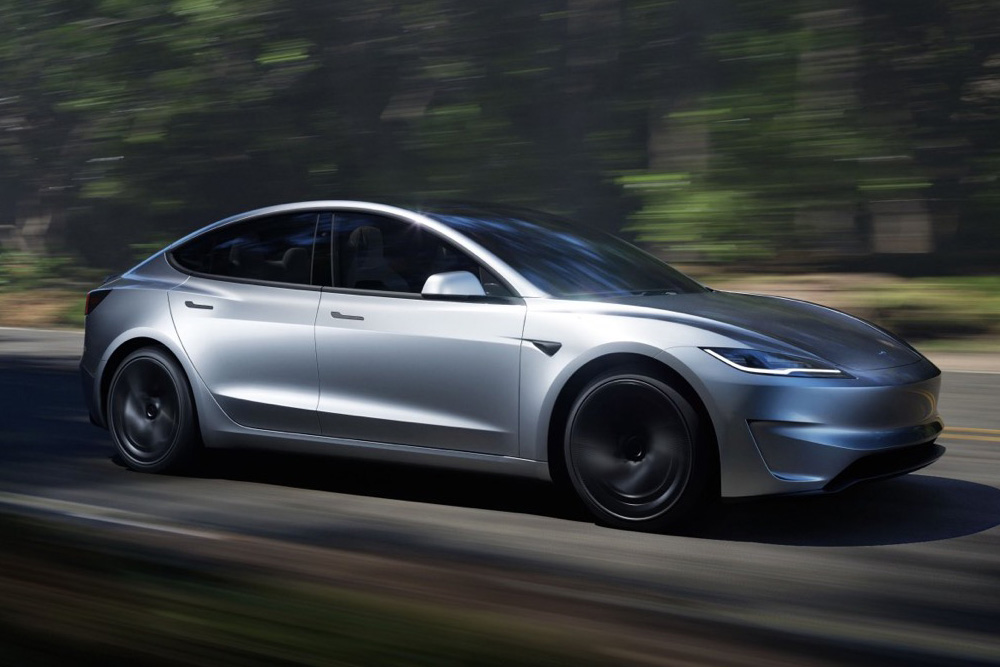UK: BEV sales soar ahead of tax changes
Specifically, 21,244 BEVs were newly registered in the UK last month, accounting for a market share of 25.3 per cent. They were the second most popular drive type in February, only surpassed by petrol vehicles with 39,865 units (down from 48,211 units YoY). That means, one in every four new vehicles had a purely electric drive, according to figures published by the British Society of Motor Manufacturers and Traders (SMMT). PHEV sales also grew by 19.3 per cent YoY, reaching 7,273 units and a market share of 7.2 per cent in February.
According to the SMMT, the increase in BEV sales does not come as a surprise “considering the forthcoming tax changes in April, which will see many EV models subject to the vehicle excise duty expensive car supplement (ECS) for the first time.” BEVs are currently exempt from VED in the UK. However, following 1 April, all new BEVs will be subject to ten pounds VED in the first year of ownership. After that, VED will increase to 195 pounds per year for years two to six. Additional charges will apply to BEVs that cost more than 40,000 pounds.
With that in mind, the SMMT estimates that sales of electric vehicles will again rise in March, as customers “take their last chance to avoid the punitive ECS which, from 1 April will add £2,125 over six years to the cost of BEVs with a list price above £40,000.” Needless to say, the SMMT criticises the change, especially as the vehicle excise duty expensive car supplement (ECS) (with its 40,000-pound cap) “risks disincentivising the used market as well as the new, impeding a faster, fairer transition.”
“Although February’s figures show a subdued overall market, the good news is that electric car uptake is increasing, albeit a at huge cost to manufacturers in terms of market support,” says Mike Hawes, SMMT Chief Executive. However, he warns that BEV uptake might not continue to soar as it has. “It is always dangerous, however, to draw conclusions from a single month, especially one as small and volatile as February. With the all-important March number plate change now upon us, and tax changes taking effect in April that will, perversely, dissuade EV purchases, we expect significant demand for these new products next month – but, long term, EV consumers need carrots, not ever more sticks.”
In terms of model ranking, only two electric cars made it into the top ten. The Tesla Model 3 and the Tesla Model Y occupy places two and three with 1,990 and 1,861 units sold, respectively.





0 Comments